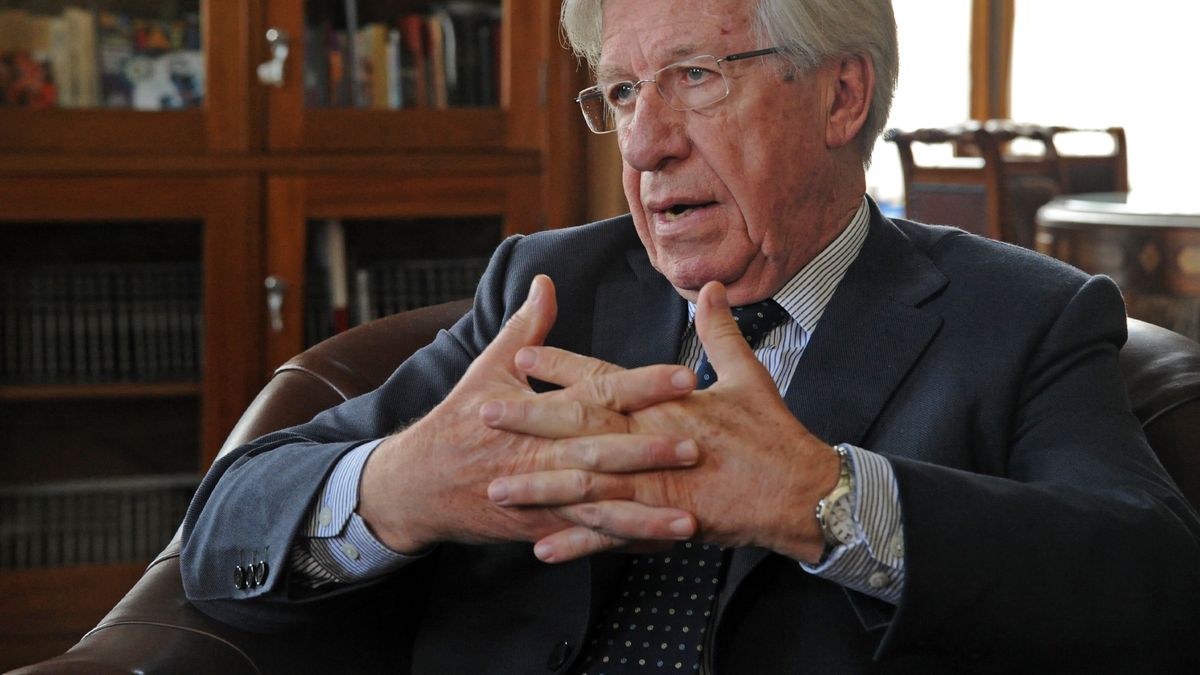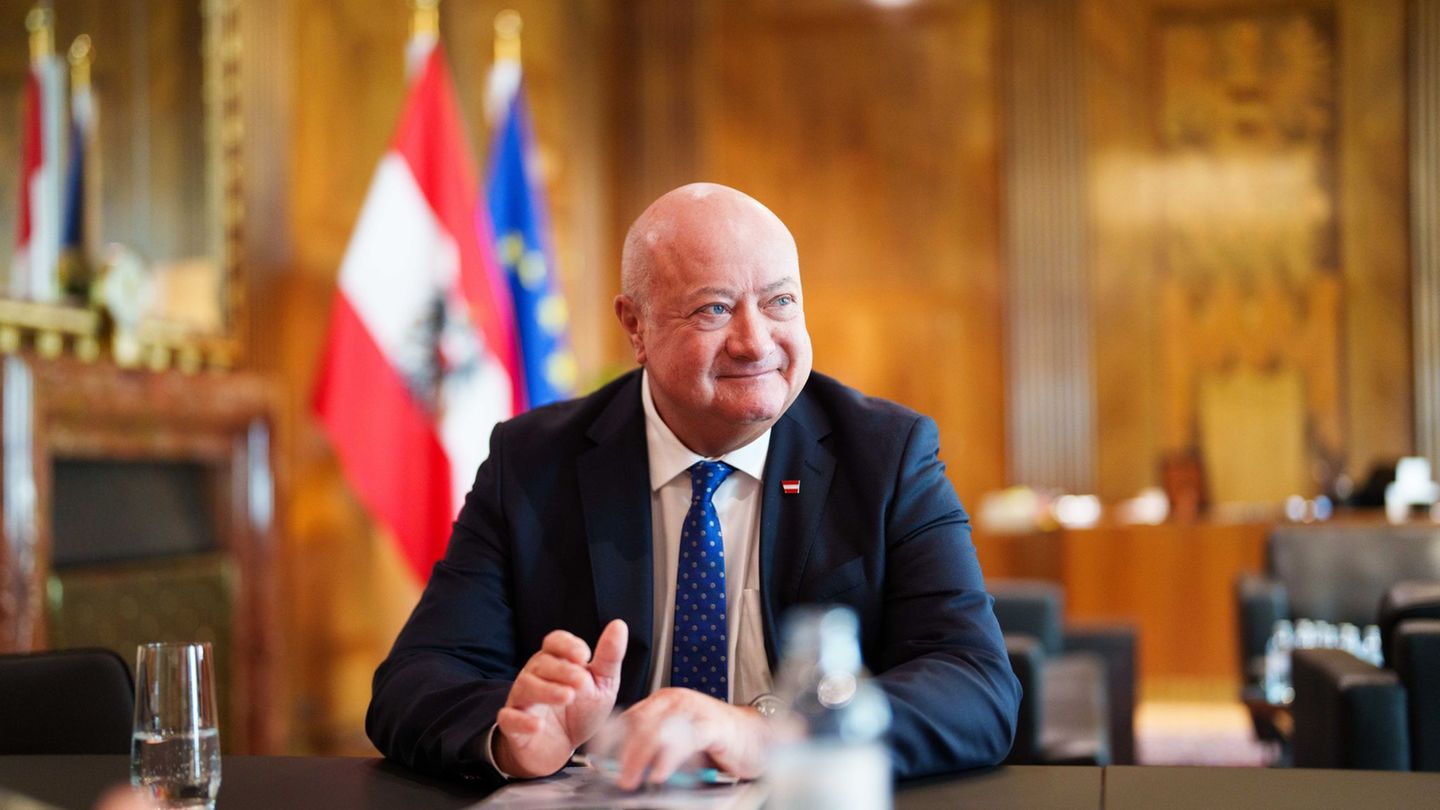For more than 20 years Uruguay is not going through a crisis for economic reasons and to a large extent we owe that to Danilo Astori. The former Minister of Economy who died yesterday at the age of 83, was a central figure in Uruguayan politicswith a substantial contribution to the growth of the Uruguay not only economically but also socially and politically.
It is difficult to summarize such an extensive career in a few paragraphs. I’m going straight to the year 2005, when he took the reins of the Ministry of Economy in the first government of the Broad Front. Uruguay I was coming out of one of the most serious crisis of its history and enormous challenges persisted, particularly financially. The country was tremendously indebted and with the agreed commitment to fulfill its obligations. For the first government of the Front this was an enormous challenge, since it also had to respond to multiple social demands. To a large extent, it was Astori who arbitrated the timing and balance to meet both objectives: respond socially and substantially improve the financial position of the Uruguay.
This involved harsh political controversies and it was there that he exerted his influence. In politics, things are not just nice speeches and dialogues: a few months into that government “stuck hard” and he was on the verge of leaving it due to discrepancies in budgetary criteria. As we remembered, it was necessary take care of the accounts. In particular, he was emphatic in his position of demanding clear compensation from the educational system, given the strong budget increase that was being planned.
That crisis was overcome and then the time came to implement the historic Tax reform, one of the key landmarks of the economic policy of the Uruguay of recent years. With its triple objective: to make the collection (several taxes were eliminated), improve the tax equity with the incorporation of Personal income tax (historical commitment of the left) and stimulate investment (The rates of certain taxes were lowered and rates were equalized between sectors). At the same time, a wide-ranging investment promotion regime, key to this day in the Uruguayan economy, began to be applied.
There are multiple political views on taxes and – obviously – there is no consensus. The valuable thing is that governments do what they announced they were going to do and do it transparently and effectively. This was the case. In the following years, the Uruguayan economy enjoyed a historic growth trajectory, even overcoming the global financial crisis of 2008.
Always a candidate for the Presidency, he competed internally Wide Front and obtained about 40% of the votes. Accompany Jose Mujica in the formula that would take him to the vice presidency in the following period, which was not easy for his political action. In the third government of Wide Front (second of Vazquez) returns to the Ministry of Economy, in more difficult circumstances and still seeks to promote transformative initiatives, such as the financial inclusion program.
They were years of tough confrontations within the internal Broad Front and with political actors from other parties. It is in this intense political struggle that certain key concepts of his career emerge more clearly.
First, there is no social progress without macroeconomic stability. Incorporating that into the DNA of the Uruguayan left and – why not – into the country’s entire politics, was a key contribution.
Associated with this, he insisted that in good politics “There are no short cuts”: The short path may seem simpler and more electorally attractive, but it is riddled with traps. That discussion in 2005 was an example. There were others. Important achievements take many years and efforts.
In turn, for Astori “there are no models”. Each country can seek its own path of growth and development. Without slogans or labels that – in general – prevent an honest reflection on reality.
Excellence and quality. Repeatedly his idea of the economy and growth was associated with improving the performance of activities, productivity; was struggling for one international insertion with high levels of specialization and quality. These approaches are not foreign to his artistic evaluations. An inveterate music lover – jazz, murga, bossa – and admirer of good art, in a presentation on economics he was encouraged to exemplify the quality with what he was doing at that time Julio Bocca in it Sodre.
Finally, a fact that can be so clearly escaped: always broad front. Since the founding of the FA, in which he participated, he never doubted his place in politics. Conflicts, clashes or true crises in his party could have led to an estrangement or a schism. But Astori never doubted and for him Wide Front That had enormous value. Also for Uruguayan politics: having committed relevant actors In depth with their parties is key to democracy. One of them was Danilo Astori.
Source: Ambito




